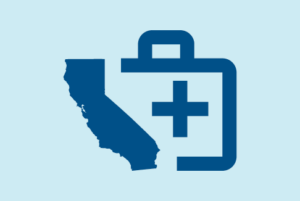What’s happening: This week, the 2024-25 budget and supporting legislation will be signed by the governor, ensuring the spending plan is in place by July 1, the start of the fiscal year. What else to know: The budget includes important changes to the managed care organization (MCO) tax and the health care worker minimum wage,...
This content is restricted to members.



